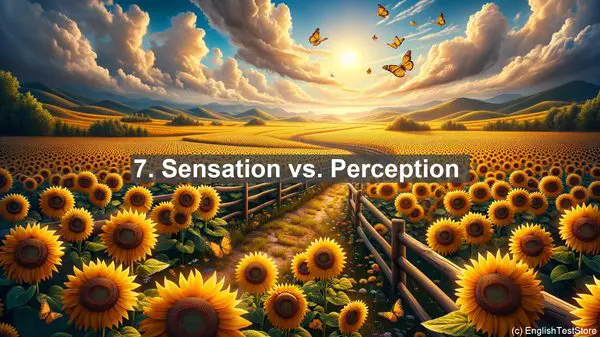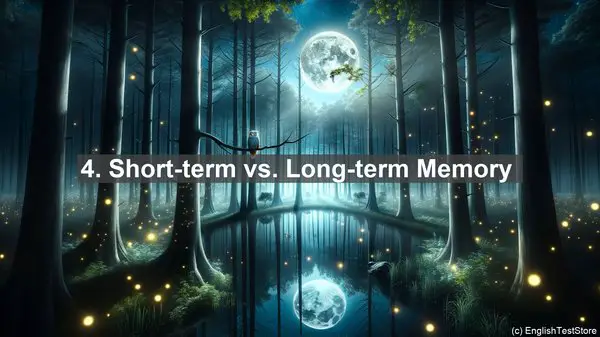Introduction
Welcome to today’s lesson on cognitive science. In this lesson, we’ll be discussing the top 10 commonly confused words in this fascinating field.
1. Cognition vs. Consciousness
One of the most fundamental distinctions in cognitive science is between cognition and consciousness. While cognition refers to the mental processes involved in acquiring and processing information, consciousness refers to our subjective awareness of the world and ourselves.
2. Encoding vs. Retrieval
When it comes to memory, encoding and retrieval are often used interchangeably. However, they have distinct meanings. Encoding is the process of inputting information into our memory, while retrieval is the act of accessing that information later on.
3. Stimulus vs. Response
In the context of cognitive science, stimulus and response are key concepts. A stimulus is any input or event that elicits a response, which is the organism’s reaction to that stimulus.
4. Short-term vs. Long-term Memory
While short-term and long-term memory are both aspects of our memory system, they differ in terms of duration and capacity. Short-term memory holds information temporarily, while long-term memory has a much larger capacity and can store information for extended periods.
5. Nature vs. Nurture
The age-old debate of nature versus nurture is also relevant in cognitive science. Nature refers to the innate, genetic factors that influence our cognitive abilities, while nurture encompasses the environmental and experiential influences on our cognition.

6. Deductive vs. Inductive Reasoning
When it comes to problem-solving and decision-making, deductive and inductive reasoning are two common approaches. Deductive reasoning starts with general principles and applies them to specific situations, while inductive reasoning involves drawing general conclusions based on specific observations.
7. Sensation vs. Perception
Sensation and perception are closely related but distinct processes. Sensation is the initial detection of stimuli through our sensory organs, while perception is the interpretation and understanding of those sensations in our brain.
8. Implicit vs. Explicit Memory
Implicit and explicit memory are two forms of long-term memory. Implicit memory is unconscious and involves skills and habits, while explicit memory is conscious and involves facts and events that we can intentionally recall.
9. Heuristic vs. Algorithm
In problem-solving, heuristics and algorithms are two strategies. Heuristics are mental shortcuts or rules of thumb that help us make quick decisions, while algorithms are step-by-step procedures that guarantee a correct solution but may be time-consuming.
10. Bottom-up vs. Top-down Processing
Bottom-up and top-down processing are two ways our brain makes sense of information. Bottom-up processing starts with the raw data and builds up to a complete perception, while top-down processing uses our prior knowledge and expectations to interpret the incoming information.

